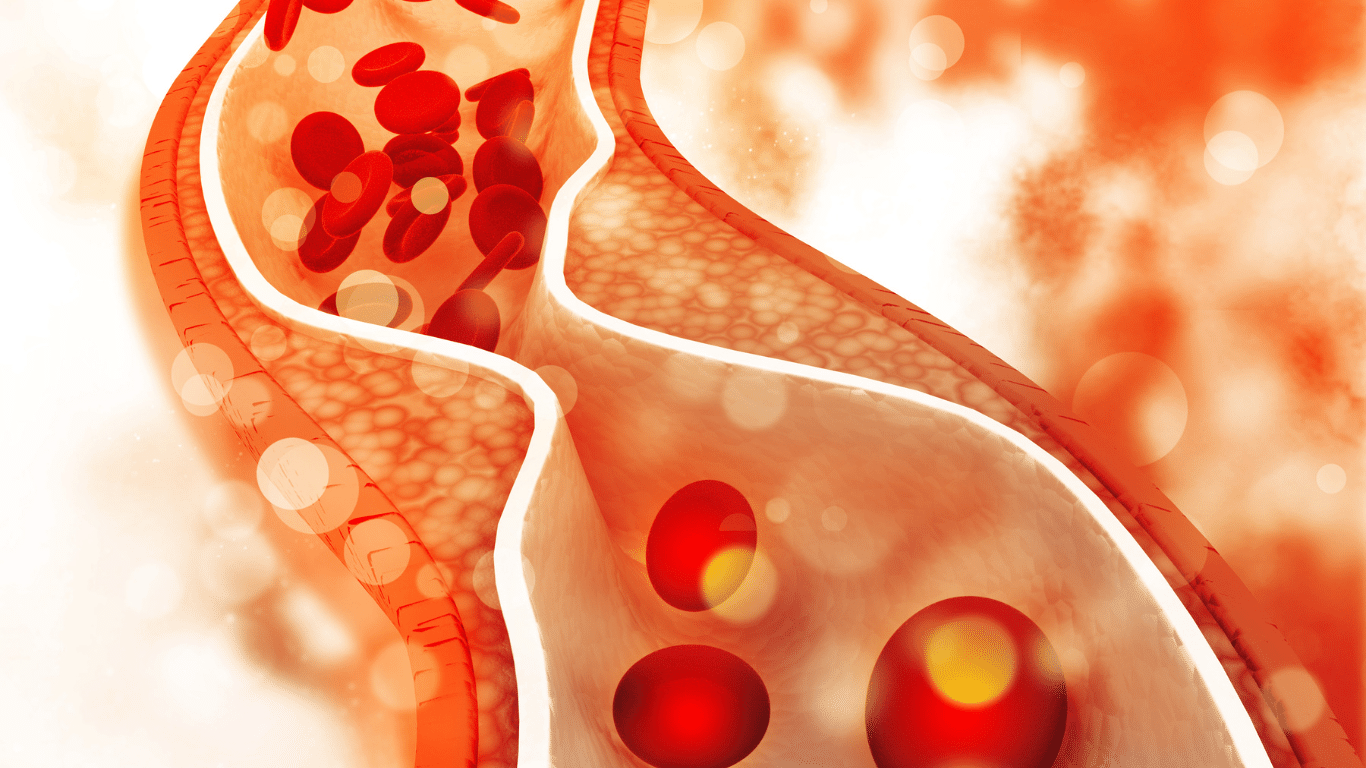What Is Cardiometabolic Testing?
Cardiometabolic testing is an advanced medical test that analyzes the risk factors of cardiovascular disease (CVD) and autonomic nervous system (ANS) dysfunction. It also evaluates the metabolic factors that are related to type 2 diabetes and metabolic syndrome.
It helps assess the susceptibility of a patient to cardiovascular and autonomic nervous systems diseases, based on body systems responses.




